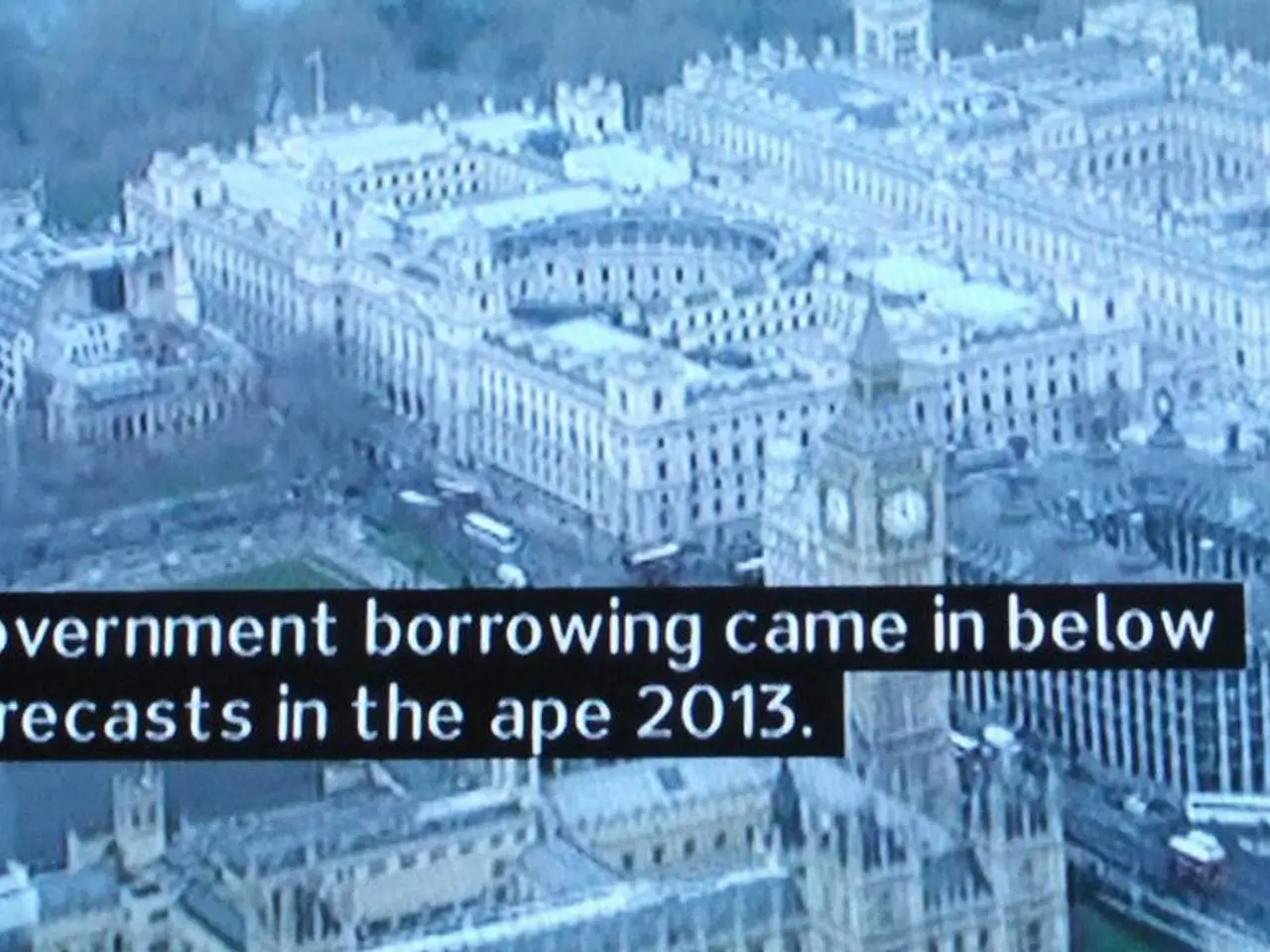Trade discussions delay US tariff increase for India, pushing it to August 1st.
The ongoing trade negotiations between the United States and India are entering a critical phase, with several key issues yet to be resolved before the tariff deadline set by the US on August 1, 2025.
India has taken a firm stance, drawing clear red lines, particularly concerning sectors such as agriculture and dairy imports. Indian officials have emphasised that the national interest and farmer welfare are paramount, and they will not compromise under pressure.
On April 2, 2025, the US announced a 26% reciprocal tariff on Indian goods but suspended this tariff for 90 days. The baseline US tariff on Indian imports remains at 10%. The suspension period ends on July 9, 2025, after which the 26% tariff would be enforced if no deal is reached. The US has also planned to impose new tariffs effective August 1, 2025, including on imports from India. These tariffs will be additive to any retaliatory duties.
Agriculture and dairy sectors are critical sticking points for India. The government insists on protecting these sectors and has refused to make concessions detrimental to Indian farmers. India seeks full exemption from the 26% tariff or at least significant reductions. The interim trade agreement under negotiation aims to cover tariff reductions and market access for industrial goods and select agricultural products.
Both countries initially set a timeline to conclude the first phase of a broader bilateral trade agreement by autumn (September-October 2025), with an interim deal to be finalized before the July 9 tariff deadline. However, no final agreement was reached on critical issues such as agricultural and dairy imports during a recent high-level Indian delegation's discussions in Washington.
Despite the challenges, the US administration, led by President Donald Trump, indicated that it is "close to making a deal with India." A landmark interim trade deal could be announced before the July 9 deadline if both sides resolve outstanding issues, providing a framework to potentially boost bilateral trade to $500 billion by 2030.
As the deadline approaches, Indian policymakers are expected to intensify efforts to prevent punitive tariffs before the August 1 deadline. The US administration has not yet finalised most bilateral deals by July 9, as initially aimed by President Trump. The Trump administration will begin issuing formal notification letters to trade partners from Monday, warning of tariff hikes unless trade terms are revised.
The US is currently issuing formal notification letters to trade partners, warning of tariff hikes unless trade terms are revised. India's membership in the BRICS bloc is being closely watched, as President Trump announced an additional 10% tariff on countries aligning with anti-American policies of BRICS.
The upcoming days are decisive for an interim trade agreement that could lay the groundwork for a comprehensive bilateral trade pact later this year. The additional tariff could potentially impact Indian exports, particularly in the pharmaceuticals, textiles, and engineering goods sectors. However, the tariff delay offers a chance to advance trade negotiations with the US.
In the realm of general-news and politics, the critical phase of trade negotiations between the United States and India is approaching, with key issues in sectors like agriculture and dairy imports posing significant challenges. As the July 9 tariff deadline looms, India is working diligently to prevent punitive tariffs in the business sector, aiming to protect their farmers and secure full exemption or substantial reductions in proposed tariffs. Additionally, the financial implications of these trade negotiations could potentially impact Indian exports, particularly in the pharmaceuticals, textiles, and engineering goods sectors.




